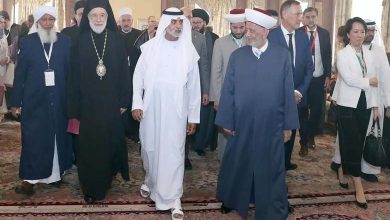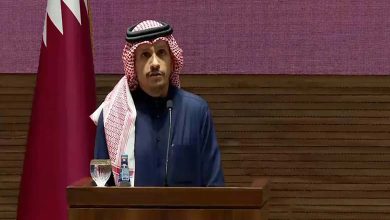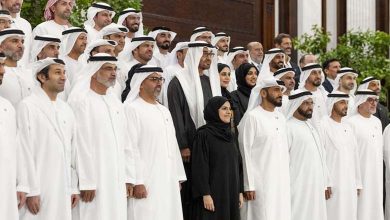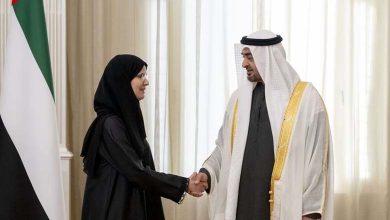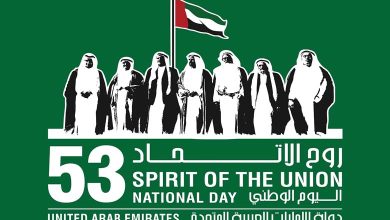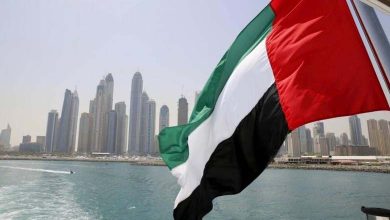The US National Security Advisor in Abu Dhabi to Discuss Iranian Threats
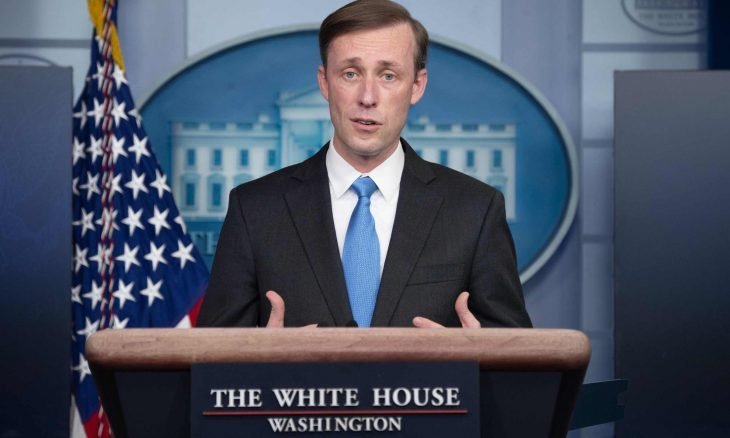
Jake Sullivan’s meeting with the President of the UAE amid escalating Iranian actions against maritime navigation indicates that the Gulf state remains at the heart of the regional and international equation to achieve stability in the Gulf region
The United Arab Emirates (UAE) remains at the core of the regional and international equation for achieving stability, playing a pivotal role in supporting security and confronting threats posed by certain regional countries. This explains the growing American interest in security and military coordination with Abu Dhabi, amidst tensions in the Gulf waters and straits. As the threats from Iranian forces to maritime navigation in the Strait of Hormuz escalate, and in light of recent maneuvers by the naval force affiliated with the Revolutionary Guard near the occupied UAE islands of Lesser and Greater Tunbs, as well as Abu Musa, this presents a genuine challenge to Western powers and the Gulf state. Nonetheless, the UAE seeks to keep the region away from the specter of tension through support for reconciliations and extinguishing the flames of conflicts, understanding that any future war would negatively impact the economic and social progress achieved in Abu Dhabi.
Sheikh Mohamed bin Zayed Al Nahyan, the Crown Prince of the UAE, discussed the developments in the region and ways to enhance the US-UAE partnership with US National Security Advisor Jake Sullivan, who is visiting Abu Dhabi on Tuesday. The visit comes days after Washington’s decision to send around 3,000 troops to the Fifth Fleet in Bahrain to counter Iranian violations and protect maritime navigation.
The visit also follows a significant move by the United States to deploy military forces on board commercial oil tankers passing through the Gulf, as part of its efforts to deter Iran from seizing ships. The US warned that American forces would respond to any Iranian attack on these tankers, given the repeated Iranian attacks on ships and vessels.
During the meeting with the US National Security Advisor at the “Al Shati” Palace in the capital Abu Dhabi, the two sides discussed the “strategic relations between the UAE and the United States and ways to enhance their partnership in various aspects that serve their common interests.” They also discussed “a number of regional and international issues of mutual concern, foremost among them the developments in the Middle East,” according to the same source.
Both sides also discussed “joint efforts to support peace and consolidate stability in the region for the benefit of all its peoples and countries.”
Although the UAE plays a pivotal role in the Western and American equation for regional stability by enhancing its security and military presence, Abu Dhabi has also significantly supported reconciliation efforts. It applauded the restoration of Saudi-Iranian relations, sponsored by China, despite the years of tensions between Gulf countries and Iran. However, the UAE still rejects Iranian violations in Gulf waters and maneuvers near its occupied islands, as these actions violate international law.
Previously, the UAE refused to accept inaccurate characterizations of its decision to withdraw from a maritime security alliance led by the United States in the Middle East. The decision was made after an assessment of security cooperation, and the UAE Foreign Ministry affirmed its ongoing commitment to ensuring maritime security within its waters responsibly.
The Unified Maritime Coalition consists of 34 nations, headquartered at the US Naval Base in Bahrain. It operates to ensure security, combat terrorism and piracy in the Red Sea and the Gulf, and confront Iranian threats.


